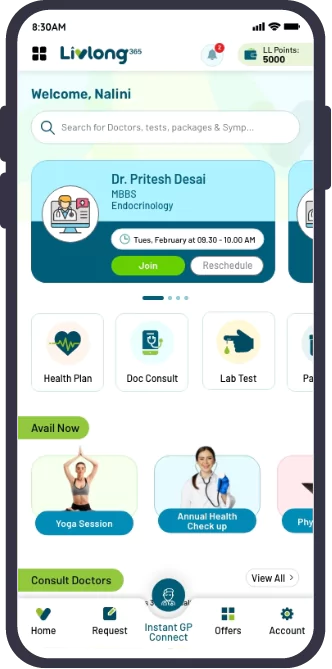Table of Contents
Almost all pregnant women must decide whether to take medications before and during their pregnancy. For many people, taking medication is necessary to be healthy while pregnant. For instance, you might need to take medications if you suffer from asthma, neurological conditions like epilepsy, high blood pressure, or mental health issues to remain healthy while pregnant.
However, not all medications are risk-free to consume while pregnant. Some medications have been linked to developmental problems, preterm births, neonatal mortality, and birth deformities.
Ask your pharmacy or doctor if a medication okay before taking it while you’re expecting, including painkillers, herbal and dietary supplements. Knowing the potential effects of a medication on your unborn child is crucial when determining whether to take it during pregnancy. This is true for both prescription medications and over-the-counter medications.
Here is a list of medicines that can be taken during pregnancy:
- Paracetamol without any additional ingredients in the formula is considered safe for pain relief of any kind. However, if you want to take ibuprofen, check with your doctor first.
- Medicines with codeine can be harmful and should only be taken under a doctor’s instructions.
- You might experience indigestion and acidity through your pregnancy. You can take antacids that will neutralise the stomach acid and alleviate discomfort. Alginates are also effective in curing indigestion caused by acid reflux. You should only take either of the two when the symptoms arise. Do not take antacids and iron supplements at the same time. Antacids might prevent your body from absorbing iron.
- If you have an upset stomach with loose stools, then you can replenish any lost fluids with an Oral Rehydration Solution (ORS).
- Any anti-diarrhoea medicine with loperamide is not advised because studies have found links between this ingredient and possibility of congenital defects and other complications.
- Probiotic supplements and products can be helpful in regularising your stool and maintaining stomach flora.
- Constipation is also common among pregnant individuals and can be a major cause of discomfort. Sometimes chronic constipation can also lead to haemorrhoids. For this, you will be able to find many soothing topical ointments. There are many over-the-counter medicines to relieve piles available.
- For constipation, you can take psyllium husk, or your doctor may prescribe a laxative. However, laxatives must be taken with caution.
- Pregnancy can increase your chances of getting thrush, which is the inflammation of the vulva because of overproduction of candida (a type of yeast). However, you will not be able to find a pregnancy-safe medicine for this. A prescription is required.
- You may feel awful when you have a cold or a cough, but there are treatments you may try to make things better. Coughs can be soothed with a simple remedy of hot water with honey and lemon. Using linctus or cough syrup with glycerine and honey is also safe for you.
- If you are having a seasonal allergy, then you won’t be able to consume antihistamine tablets without a prescription.
- HIV medicines are safe to take during pregnancy and are not known to increase risk of birth defects. Usually, the drug is administered through an IV or orally.
- Vaccines for COVID-19 and flu are also safe for pregnant individuals.
How should I decide whether a medicine is fine to take while pregnant?
When researching the safety of medications during pregnancy online, exercise caution; instead, utilise this knowledge to open a dialogue with your doctor. Innumerable lists of medications seemingly “safe” to take while pregnant are widely available online. However, there isn’t adequate scientific proof of the safety of many of the mentioned medications during pregnancy. It’s always prudent to cross-check with a medical expert. Pregnancy can put your health in a precarious position, so it’s always best to be safe.
A doctor can guide you in knowing which painkiller is safe for pregnancy, and which can have an adverse effect on you and your unborn child. Usually, a lot of manufacturers specify whether their tablet can be consumed by pregnant individuals. They also list down possible side-effects.
Additionally, because pregnant women are frequently excluded from trials that test the safety of new medications, we know relatively little about the consequences of taking certain medications during pregnancy. Considering this, it is difficult to know whether most medications, especially more recent ones, are safe to take during pregnancy.
Is it safe to take herbal, natural or homeopathic medicines during pregnancy?
Not all alternative treatments or “natural” medicines are safe to use during pregnancy. Some of the products utilised might not be of the highest quality and might include potentially dangerous materials like lead. Additionally, it is advised against using herbal medicines when attempting to conceive. One must note that alternative treatments or medications cannot take the place of allopathic prenatal care.
If you are planning to conceive or are already pregnant, it is always great to expand your knowledge about what is safe and what isn’t to consume in this condition. With pregnancy your body undergoes a lot of physical changes and taking a prudent stance when it comes to which type of medication is safe to use is always recommended. While internet sources come handy, verifying the information with an expert is the best option.








